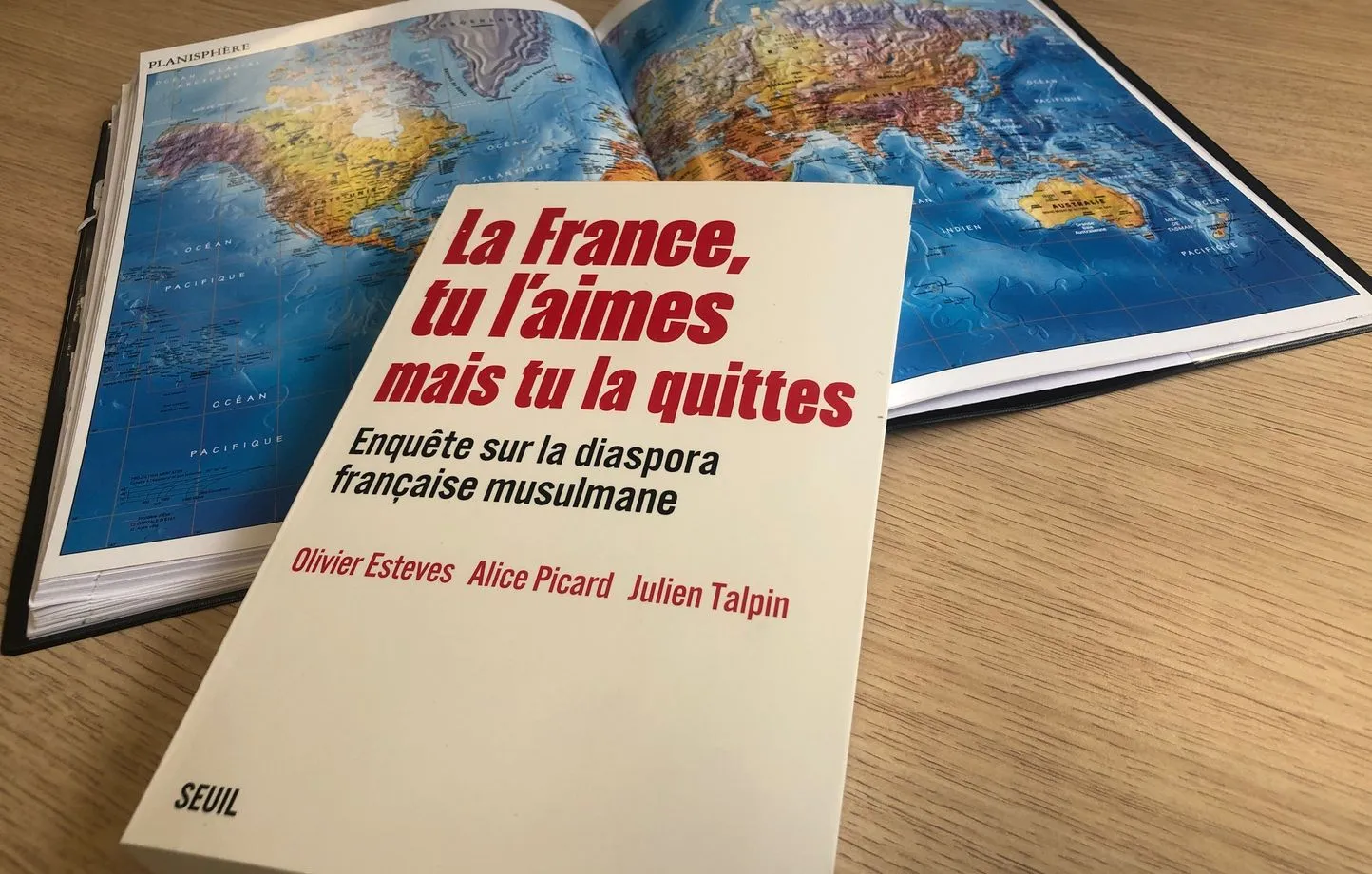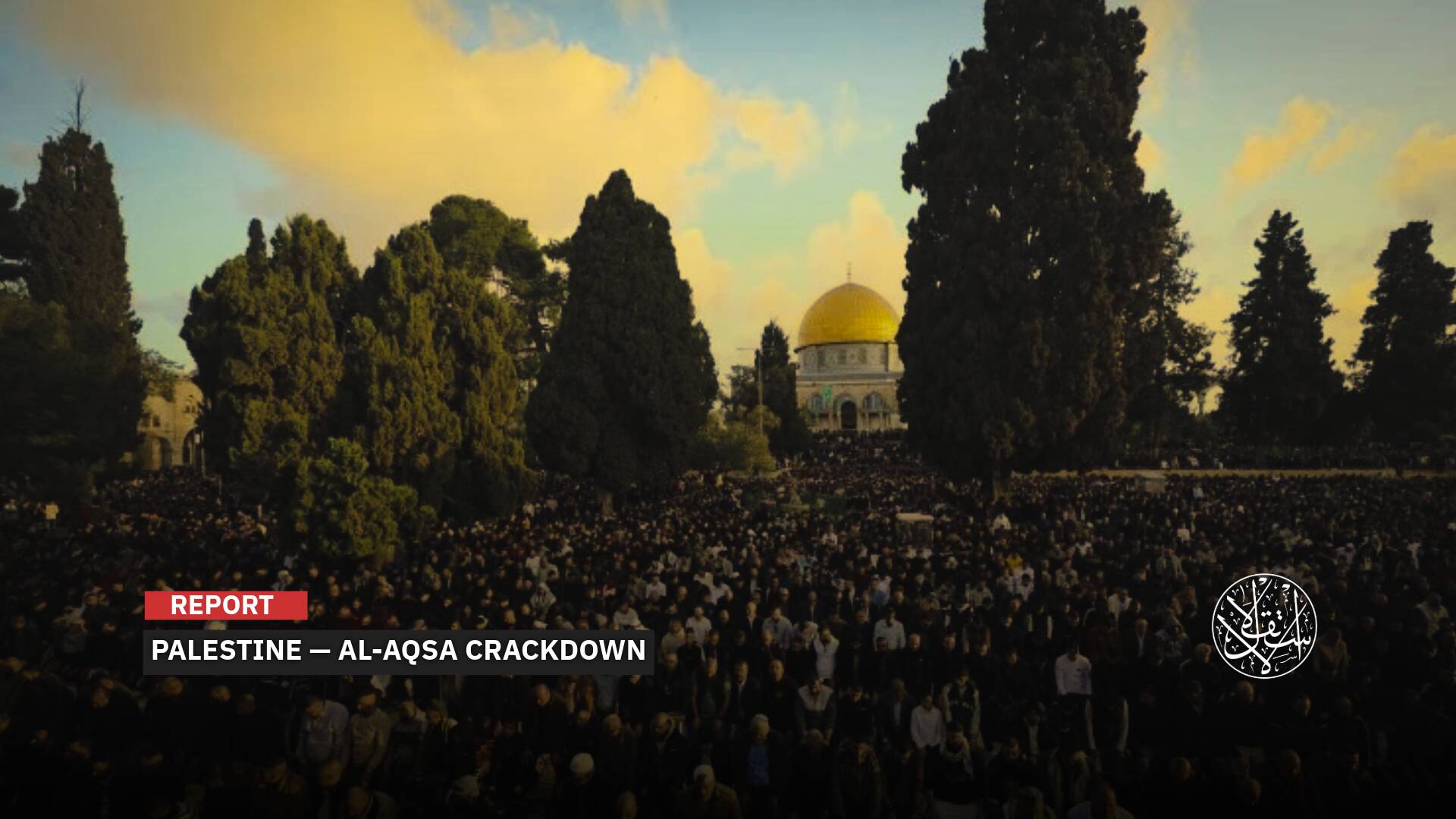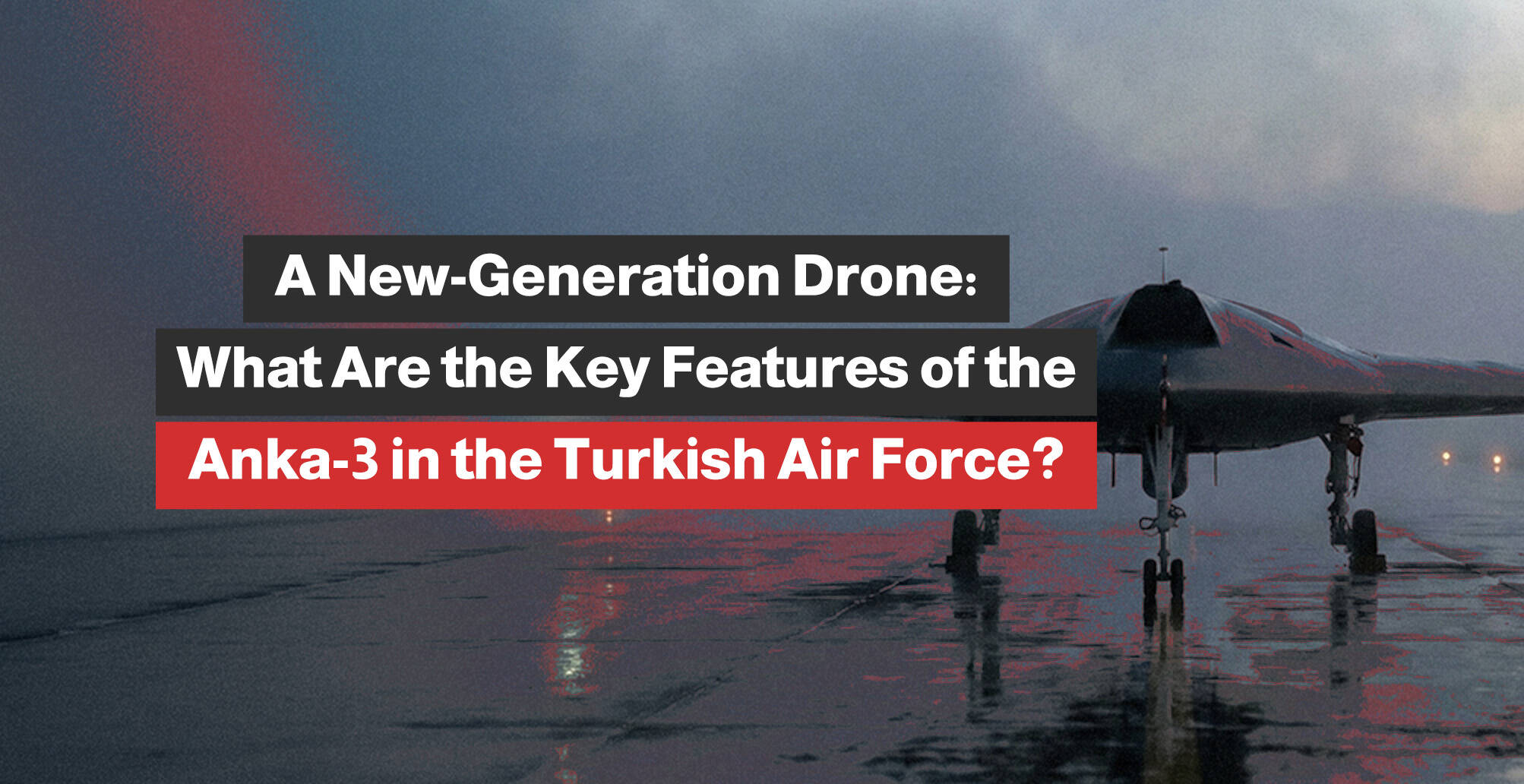New Book Reveals Muslim Exodus from France Amid Rising Islamophobia

French Muslims face challenges in securing employment, educational opportunities, and even housing within France
In a recent publication, a trio of French scholars examines the exodus of highly educated French Muslims, who are opting to leave their homeland in pursuit of a life free from the racial and religious discrimination they encounter in their professional and academic spheres.
The book, authored by Olivier Esteve, Alice Picard, and Julien Talpin, is the culmination of interviews with approximately 1,070 French Muslims, a significant portion of whom possess advanced degrees, with over half holding a master’s degree or higher.
The study reveals the pervasive challenges French Muslims face in securing employment, educational opportunities, and even housing within France, driven by the systemic discrimination that has become a part of their daily lives.
This has led many to consider relocating to more welcoming environments such as Dubai, Canada, and the U.S.
Particularly affected are Muslim women, especially those who choose to wear the hijab. They encounter barriers to accessing public facilities and are frequently subjected to harassment.
The situation has reportedly deteriorated since the presidency of Emmanuel Macron, which began in 2017.
Critics argue that his administration’s right-leaning political maneuvers, aimed at securing re-election, along with the anti-Muslim legislation enacted by his successive governments, have exacerbated the climate of Islamophobia and racism in the country.

Mass Exodus
In France, a country celebrated for its universalist ideals, the reality for many Muslim citizens presents a stark contrast, particularly in the realm of professional advancement.
Accounts from individuals, often shared anonymously with the media, reveal a pattern of Islamophobia and racial discrimination that hinders the upward mobility of Muslim professionals in the scientific field.
Salim, a young French national, discussed his cousin’s experience in London with Le Parisien. Unlike in France, his cousin’s identity during Ramadan or in the aftermath of terrorist incidents does not overshadow his professional reputation; he is recognized not by his ethnicity or religion, but for his expertise as a French engineer.
Echoing this sentiment, Reda shared with the same publication that when it comes to leadership roles, the preference seems invariably skewed towards a white male, someone who reflects the majority’s image.
The pressure to assimilate extends to personal identity, with Muslims feeling compelled to adopt non-Arabic names to secure employment. Speaking to RMC Radio, an individual using the pseudonym Gregoire expressed the toll of such pressures, stating that concealing one’s Muslim identity becomes a prerequisite for career progression in France.
Olivier Esteve, a co-author of a relevant study and a research director at the French National Center for Scientific Research, highlighted that the discrimination faced by French Muslims begins early in their educational journey and persists into their professional lives.
This pervasive discrimination is prompting a significant emigration of talent, leading to a ‘brain drain’ that Esteve fears may be irreversible.
Supporting these individual experiences, a report by the European Network Against Racism (ENAR) paints a grim picture of the French job market, with widespread acknowledgment of discrimination among the populace.
The report indicates that half of the French population perceives job search discrimination as a common occurrence, while a staggering 64% of job seekers believe that racial discrimination frequently transpires within the labor market.
Women Suffering
In France, the experiences of Muslim women, particularly those who choose to wear the hijab, are marked by a troubling pattern of discrimination.
Despite the absence of any legal prohibition against the hijab in universities, many such women report being barred from public facilities and facing challenges in employment and education. Harassment from colleagues and educators is not uncommon.
One woman, who for privacy uses the pseudonym Nisreen, shared her story in media statements as she recounted the critical stares and harsh comments she received upon her arrival in France for her studies, solely because of her hijab.
To circumvent the restrictions and maintain her religious expression, Nisreen resorted to wearing a wide hat over her hair and a scarf around her neck. Yet, these measures did not shield her from further persecution.
Nisreen’s ordeal reached a distressing climax when a professor forcibly removed her hat in a lecture hall, mocking her in front of her peers and causing her immense emotional distress.
This incident is not isolated; it reflects a broader issue faced by many Muslims in France. Nisreen’s relatives, French engineers by profession, are even considering leaving the country permanently for Morocco due to the pervasive restrictions in Paris.
The ENAR report highlights that women of African descent participate less in the French labor market, with a 74% activity rate, while the unemployment rate among white women has seen a significant decrease over the past quarter-century.
Women of color confront unique hurdles in the job market, influenced by their educational, social, ethnic, and religious backgrounds.
Researcher Nisa Efendioglu, in her analysis of the situation, notes that Islamophobia and the ban on hijabs in public institutions, coupled with discrimination in the private sector, compel many veiled women to either remove their hijab or exit the labor market altogether, often turning to civil society for employment.
Efendioglu argues that this exclusion not only overlooks the professional competencies of these women but also their potential contributions to the French workforce.
This form of discrimination contributes to labor exploitation and undermines workers’ rights across the country.
Through interviews with Muslim women who have either left France or are contemplating departure, Efendioglu has identified a consistent pattern of racial discrimination and a contraction of opportunities, particularly for those who visibly express their Islamic faith.
This trend underscores a pressing need for a reevaluation of the societal and institutional attitudes towards Muslim women in France.












